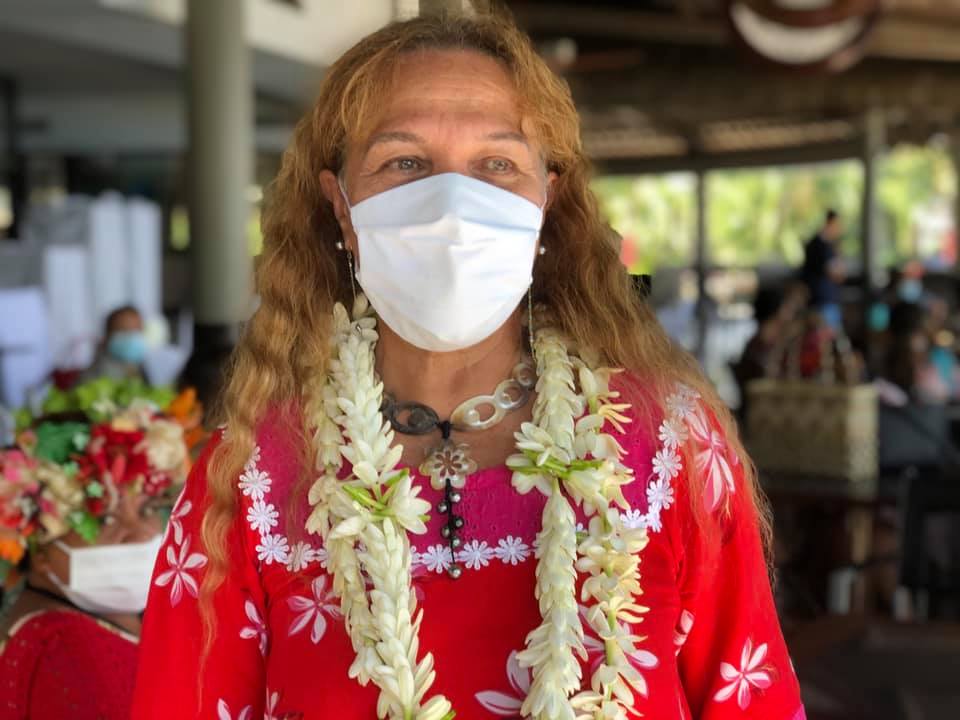Sponsored
The Pacific Ocean lies at the heart of Pacific women’s identities, ways and knowledge, and is a source of cultural and material empowerment.
It was with this knowledge that more than 1000 people participated in the 14th Triennial Conference of Pacific Women in April. From across the Blue Pacific continent and beyond, government delegations, civil society, development partners, academia, the private sector and other stakeholders logged in or convened in small groups to talk about issues critical to the future of Pacific women.
The Triennial was followed by the 7th Meeting . . .
Please Subscribe to view full content...
